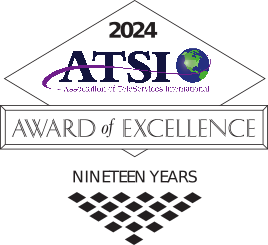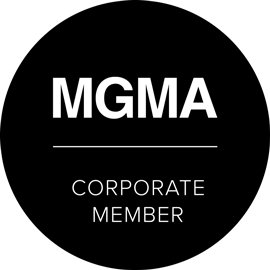With the growing use of medical electronic records, telemedicine, mobile communication and cloud computing, modern medicine is becoming increasingly dependent on technology. But while technical advancements, particularly greater smartphone and tablet use, are increasing the speed, reach, flexibility and convenience of today’s medical practice; they also carry certain risks. Not only must medical practice managers see that doctor and patient records and confidentiality are protected during digital transmission and cloud storage; but they must also safeguard the communications system over which information and records are transmitted.
As the new HIPAA regulations emphasize, it is no longer enough to protect physician and patient privacy in the office. A medical practice’s responsibility for safeguarding patient information extends both up and down the communications line.
In an article on CSO online, a security resource site, Gordon Makryllos highlighted seven tech trends for 2014. While directed toward security managers, his comments are equally valuable for medical office managers.
7 Top Tech Predictions for 2014
1. Working in the cloud. Increasing data volume will continue to drive demand for cloud storage. Still primarily a business resource, greater awareness is expanding cloud communications into the consumer arena. As personal cloud use increases, medical office and patient information may be placed at risk if healthcare professionals save information to their personal cloud, even if it is transferred to the practice’s more secure storage program later. A doctor making notes on patient consults while traveling or a staff member transcribing physician comments from home could place that information at unanticipated risk if it is stored in a personal cloud.
To be continued





